
Front_Office_Operations
.pdf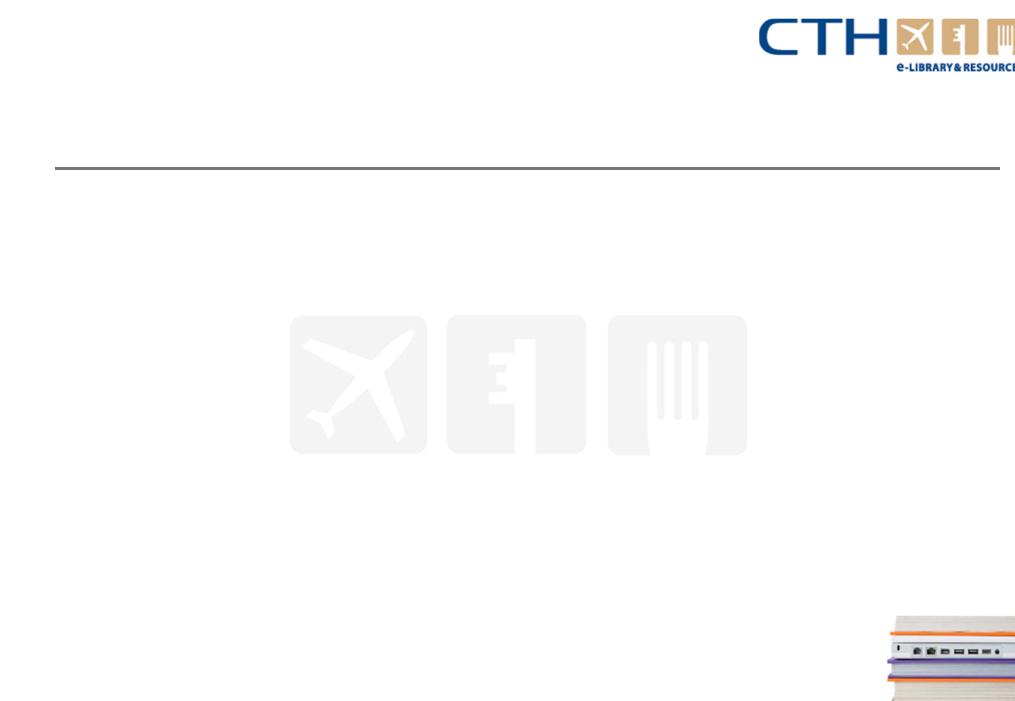
Chapter 5– Guest accounting
Night audit
5.3 Anticipating bad debts
Another task of the night auditor is to check through the open guest accounts and try to identify the potential for ‘bad debts’ (people who may fail to pay what they owe) so that appropriate measures can be taken.
Bad debts may be caused by ‘walk outs’ or forged traveller’s cheques, dishonoured personal cheques, and credit account customers who fail to pay when invoiced, for a variety of reasons. They may be a misunderstanding over payments for guaranteed bookings, if a corporate customer or travel agent clams to have cancelled the booking within the approved cancellation period. The corporate customer may be in financial difficulties, which were unforeseen by the hotel when it extended credit facilities.
In term of immediate bad debt risk, the night auditor will look for credit risks and potential ‘work outs’.
●(S)he may simply compile a list of all bills over a certain amount. The following day, the cashier can then check these guests' credit limits, credit status and so on.
www.cthresources.com |
Page 311 |
|
www.cthawards.com |
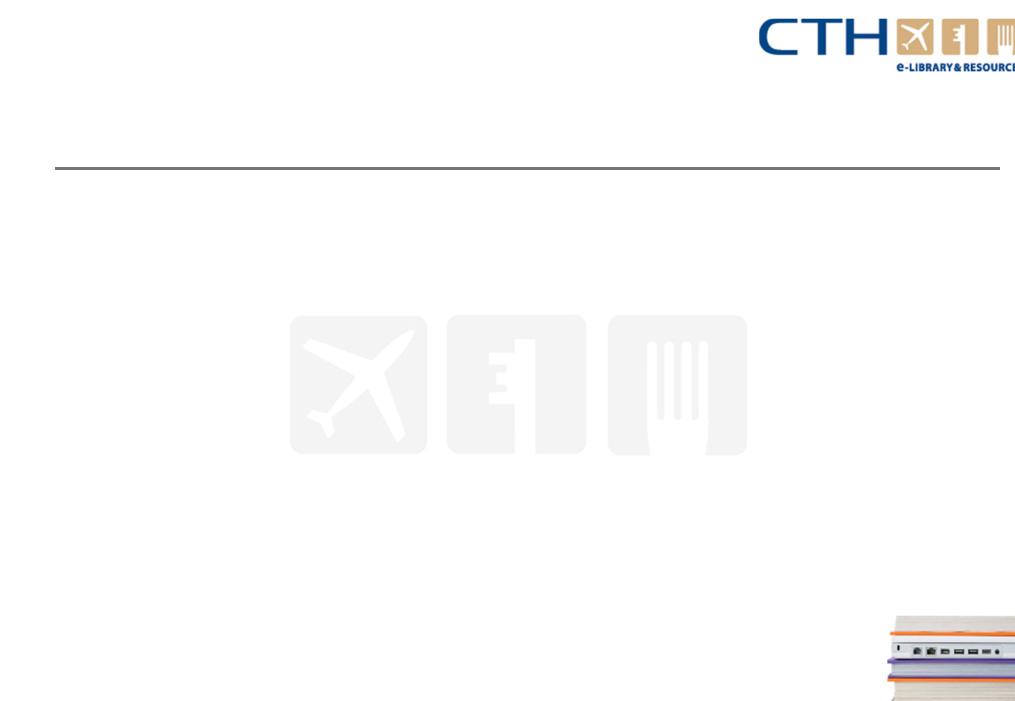
Chapter 5– Guest accounting
Night audit
5.3 Anticipating bad debts continued…
●(S)he may also compile a list of individual guest accounts showing unusual (often extravagant) spending patterns on extras, which may indicate an intention to 'skip out' without paying. The following day, the cashier, security officer or duty manager could then do some further investigating, and take whatever steps are considered necessary.
www.cthresources.com |
Page 312 |
|
www.cthawards.com |

Chapter 5– Guest accounting
Night audit
5.4 Computerised audit functions
Computerised front office systems are designed to be self-balancing' the system automatically checks that charges have been correctly posted to rooms; that the revenue totals for points of sale crossbalance with the amounts paid into reception; that actual room status (as reported by housekeeping) matches front desk room status reports; and so on.
The system can also issue credit limit and potential bad debt alerts, and compile and format a range of management reports, summarising the day's activities, the following day's plans and so on.
However, there is a significant drawback to relying on computers for audit functions, staff may become complacent, because the computer will 'catch' their errors. In fact, a computer can only catch certain types of error, such as discrepancies between two sets of figures, it can't tell whether a member of staff has mistakenly (or deliberately) entered wrong information into the system! As Abbott& Lewry note: 'If room rates have been entered incorrectly, or charges posted to the wrong accounts, then the final bills will be just as wrong as they had been done by hand'.
www.cthresources.com |
Page 313 |
|
www.cthawards.com |

Chapter 5– Guest accounting
Night audit
5.4 Computerised audit functions continued…
So computerised records need to be printed out at the end of each day, and subjected to night audit cross-checking. In particular, cash balances and items in safe deposit must be physically verified, the computer can only say that they 'ought to be' there - not that they actually are!
In addition, the night auditor will have the responsibility of over-night computer housekeeping:
●Deleting or archiving all cancellations and departed guest files, to 'clear' some of the computer's memory.
●Directing the computer (if the system does not do this automatically) to reset or update all relevant records for the new day, e.g.. setting daily totals to zero, updating cumulative totals, setting 'today's date' for arrivals and departures and so on.
●Making a back-up copy of the entire system, and printing out essential records and reports from the system for the following day (in case of systems failure).
www.cthresources.com |
Page 314 |
|
www.cthawards.com |

Chapter 5– Guest accounting
Credit control
6.Credit control
6.1Credit policies
6.2Why grant credit to same customer and not others?
6.3Establish credit-worthiness
6.4Other credit control measures
www.cthresources.com |
Page 315 |
|
www.cthawards.com |
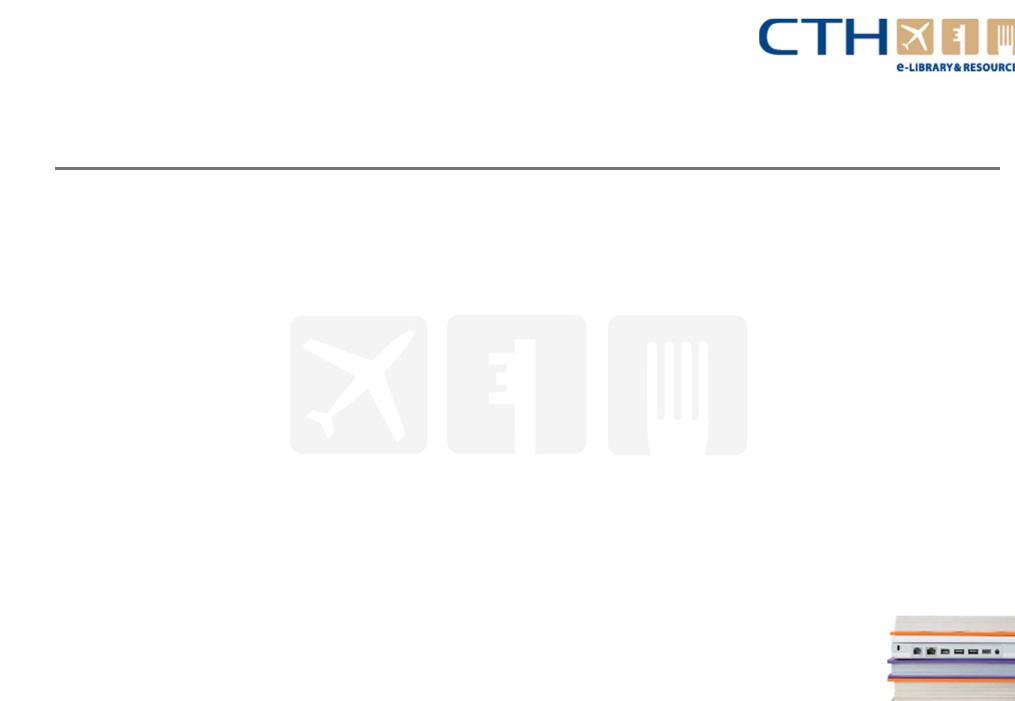
Chapter 5– Guest accounting
Credit control
Credit control may involve a range of measures, such as:
●Setting limits and restrictions on granting credit, as a matter of credit policy
●Assessing the creditworthiness of individual customers (credit risk assessment)
●Agreeing credit terms with individual customers (deciding how much credit each customer should be allowed, and on what payment terms)
●Taking steps to avoid ‘walk-outs’ or ‘skips’ (that is, customers leaving without setting their accounts)
●Being diligent in ‘chasing’ and collecting payments in accordance with agreed credit terms, to minimise late settlement (e.g.. by companies or travel agents)
●Keeping records and circulating reports of ‘walk-outs’, late payments etc. to minimise the risk of repetition.
www.cthresources.com |
Page 316 |
|
www.cthawards.com |

Chapter 5– Guest accounting
Credit control
6.1 Credit policies
Individual customers should only be granted credit in accordance with the hotel's policies on credit terms - and established procedures for assessing creditworthiness.
Credit accounts
Most hotels will need to be prepared to offer reasonable credit terms to corporate and agency clients, in order to win and retain their business. The aim of credit policy should, therefore, be to control the credit terms offered; to check the credit-worthiness of the customer prior to granting credit, and to monitor the ability and willingness of credit customers to pay on time, on an on-going basis.
A credit policy should set out the standard payment terms the business is prepared to offer (e.g.. payment within 30 or 60 days of invoice), and these terms can be written into the terms and conditions of business and brought to the attention of new customers. They may also be asked to sign a form agreeing to comply with the terms offered, In order to open a credit account - or as part of the hotel's contract with a tour operator for a specific group booking, say. The hotel might also have policies which act as an incentive to credit customers to pay on time (e.g.. early settlement discounts and/or
penalties for late payment).
www.cthresources.com |
Page 317 |
|
www.cthawards.com |
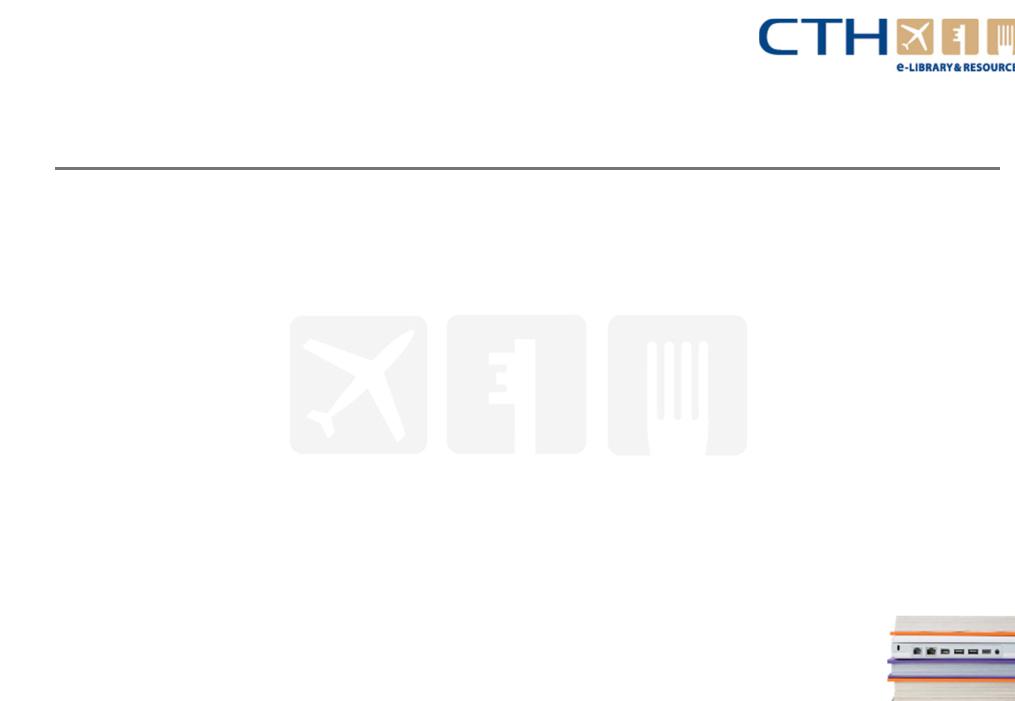
Chapter 5– Guest accounting
Credit control
6.1 Credit policies
Guest credit limits
There will need to be policies in regard to the credit extended to individual guests, to charge their hotel expenses to their room account. The hotel will need to check the credit-worthiness of guests in advance, and, where necessary, set credit limits (sometimes called the 'house limit'): the maximum level to be reached by the guest's account before payment or partial/interim payment is requested.
www.cthresources.com |
Page 318 |
|
www.cthawards.com |
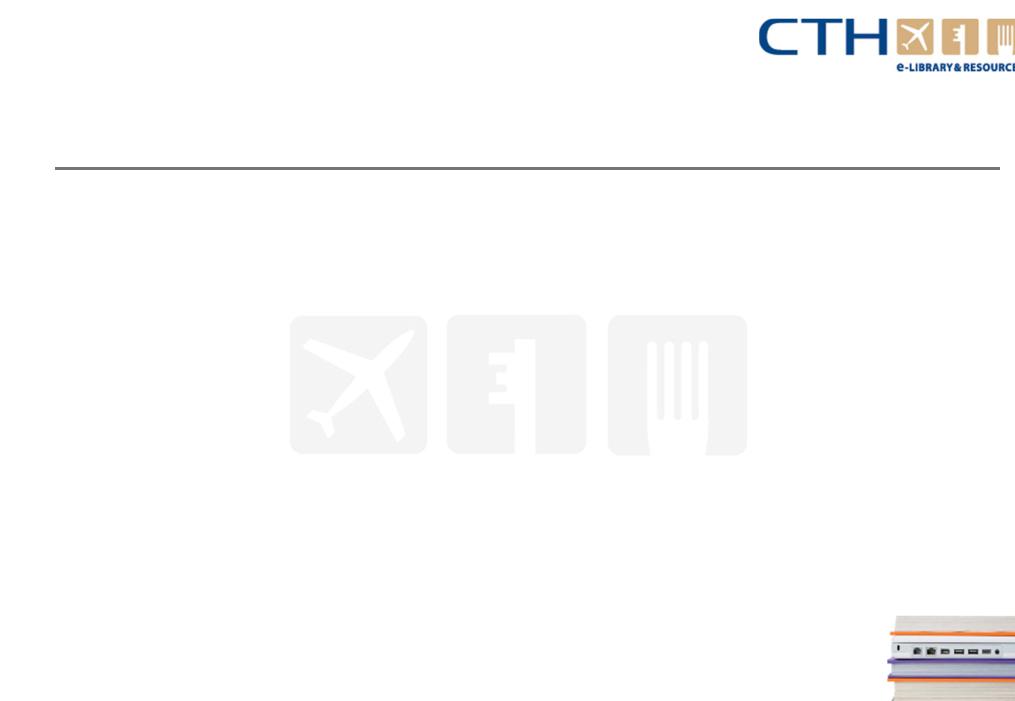
Chapter 5– Guest accounting
Credit control
6.2 Why grant credit to some customers and not others?
Essentially, the decision of whether to offer or grant credit to a customer will come down to:
●The volume and value of business offered by the customer over time. Offering credit facilities is risky and costly to administer - so the potential returns need to be worth it.
●The extent to which valued customers (or Commercially Important Guests) want or expect to have credit facilities made available to them - and whether they might take their business elsewhere if such facilities are not offered or granted.
●The credit-worthiness of the customer: that is, the extent to which the hotel can be reasonably certain of getting paid, by virtue of the customer's integrity, credit record and/or available funds. Credit is generally offered to guests who have guaranteed bookings with the hotel (rather than chance guests); guests whose accounts will be settled by their employers (With whom the hotel has established credit agreements); and guests who pay by credit card.
www.cthresources.com |
Page 319 |
|
www.cthawards.com |

Chapter 5– Guest accounting
Credit control
6.2 Why grant credit to some customers and not others? Continued…
Essentially, the decision of whether to offer or grant credit to a customer will come down to:
●The willingness of the customer to offer assurance of payment (e.g.. via deposits or guarantees, credit card imprints, willingness to sign contracts and etc).
●The customer's history of payment with the hotel over time. Credit facilities can be withdrawn from customers who routinely fail to pay on time, or dispute payments, or whose payments routinely 'fail to go through' (e.g.. if cheques or credit card payments are not honoured due to lack of funds).
www.cthresources.com |
Page 320 |
|
www.cthawards.com |
